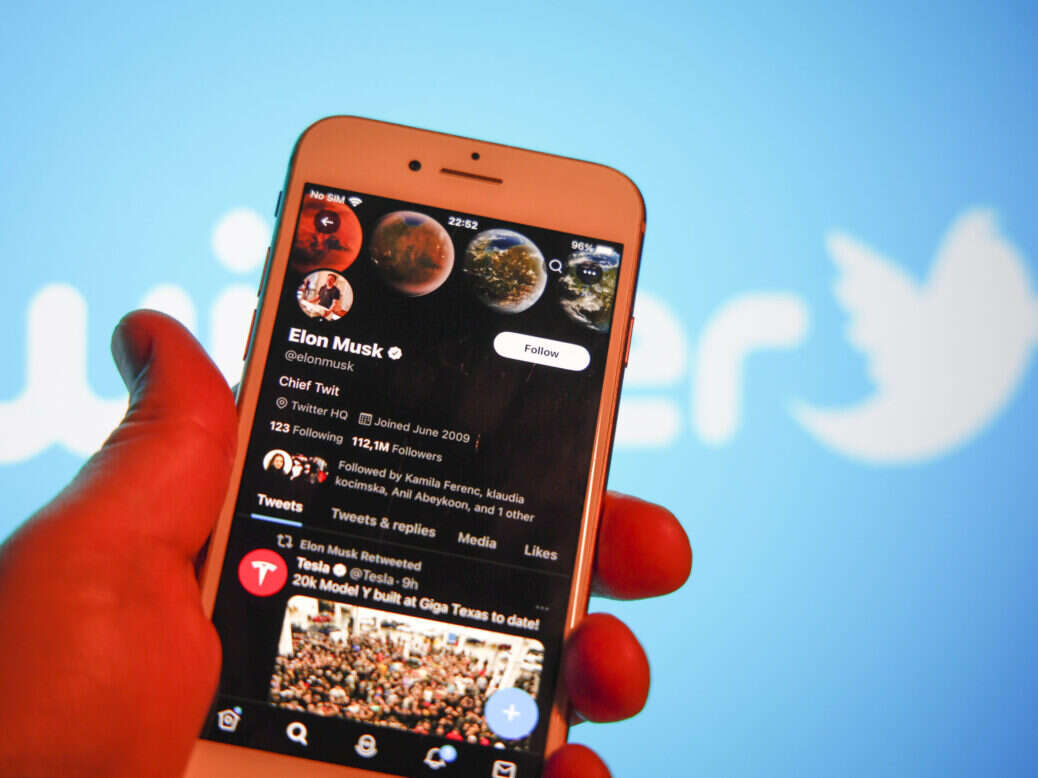
Twitter’s most devoted users, journalists, are threatening to leave the platform in droves – according to new survey research.
The global State of Journalism survey from Muck Ruck was based on some 2,226 responses from journalists based mainly in the US – but also in Asia, Africa and Europe. It found that some 90% of respondents said they are on Twitter.
Asked what social media platform is most valuable to them as a journalist, some 78% said Twitter – with Facebook some way behind in second place on 34%.
According to a Semrush ranking, Twitter is only the 16th most popular social media network generally with 436 million users - some way behind Facebook, Youtube, Whatsapp, Instagram, Wechat, Tiktok and Youtube which all have ore than one billion active monthly users.
And when asked if they have considered leaving Twitter in the last year some 50% of the journalist respondents said yes versus 44% who said no and 7% who were not sure.
The utility of Twitter for journalists is made clear in the survey. Of those who use the platform, some 83% use it to follow the news, 78% use it to promote their work and 69% use it to find sources.
Before Elon Musk bought Twitter in October journalists were already concerned about safety on the platform. Female journalists in particular have been subjected to threats and abuse on social media, with Twitter among the most challenging platforms - largely due to the presence of anonymous "trolls".
Concerns about the future of Twitter have been ramped up by the platform's plan to charge journalists and news organisations for "verified" status. Previously, blue-tick verifications were seen as a way of curbing fake news and promoting genuine sources.
But news publishers are now being issued with a bill for more than £1,000 a month to retain their verified status on the platform.
National Public Radio (NPR) in the US suspended activity on its 52 official feeds last week after it was given the warning label "state affiliated media" on the platform. It was later joined by Public Broadcasting Service (PBS).
The BBC disputed its description on the platform being changed to "government funded media" and successfully lobbied for it instead to read "publicly funded".
Numerous journalists rely on Twitter to promote subscriptions to their paid-for newsletters on Substack. Many were alarmed by an episode earlier this month when Twitter briefly stopped allowing users to share Substack links earlier this month. This has cast serious doubts on the future viability of Twitter as a marketing platform for the work of news publishers.
When ad-blocking subscription service Scroll was acquired by Twitter in 2021, it said: "Twitter is the only large platform whose success is deeply intertwined with a sustainable journalism ecosystem.”
Press Gazette's 2021 Platform Profile of Twitter included an interview with former Mirror journalist Jo Kelly who at that time headed up Twitter's EMEA news partnerships. She said: "My team specifically works very closely with publishers and journalists to support their specific needs. We very much listen to… what are their aims? What are their goals? And then we [shape] partnerships with that in mind."
Press Gazette's recent attempts to contact Twitter for comment have gone unanswered. Emails to press@twitter.com are set to auto-respond simply with the "💩" emoji.
Press Gazette has profiled the best Twitter alternatives for journalists here.
The Muck Rack State of Journalism survey also asked respondents to reveal the issues facing journalism which they are most concerned about, with disinformation and lack of funding coming joint top.
The survey also revealed that journalists are broadly optimistic about the future of the profession, with 58% expressing optimism.
Email pged@pressgazette.co.uk to point out mistakes, provide story tips or send in a letter for publication on our "Letters Page" blog
